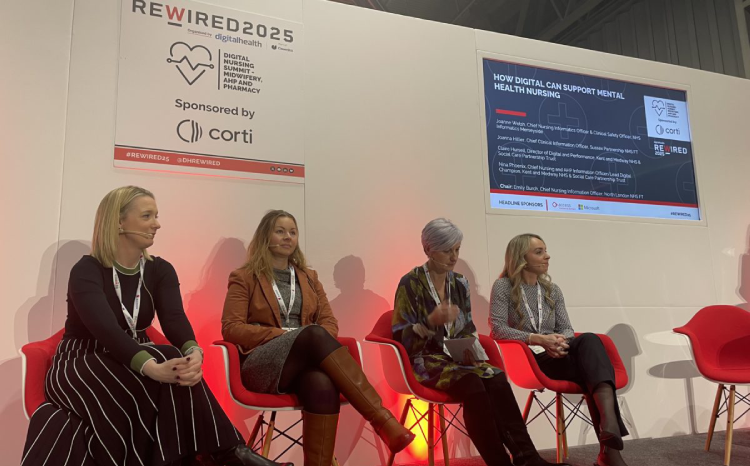Digital mental health support extends across North West London

The North West London Mental Health Collaborative will be offering a new digital mental health service to children and young adults aged 11-25 across all boroughs in North West London.
The Kooth platform has historically operated across six of the boroughs, but has recently extended its service to ensure a single, consistent approach to mental health.
The extension of the platform across the borough means that the collaborative can now offer a safe, confidential and consistent service to support emotional wellbeing and provide early intervention mental health support.
Kooth is the only digital mental health service to be accredited by the British Association for Counselling and Psychotherapy. It removes many of the barriers associated with accessing support and there are no waiting lists, no costs and complete anonymity. The range of digital mental health services available from the service includes peer-to-peer support, constant access to curated self-help content, and online chats. These chats can be drop-in or pre-arranged and are with experienced online counsellors, who are available every day.
Dr Lynne Green, chief clinical officer at Kooth PLC, said: “Digital mental health services such as Kooth offer young people quick and easy support for their emotional health without the usual waiting lists. This can reduce the need for specialist intervention services as the problem is treated when it first occurs, and prevents it from escalating further.”
Impact on children
The Kooth Pulse Report 2021 uncovered the impact that Covid had on children and younger people’s mental health. It found that:
- Use of the platform increased by 42% among children and young people.
- There was a 54% increase in suicidal thoughts for those aged 10-13, with an overall 39% increase in under-18s.
- The number of people under 18 who presented with self-harm issues rose by 27%.
It’s clear that digital services and technology has a key part to play in tackling the deepening mental healthcare problem. A report from last year found that the 2.3billion funding for mental health is no longer enough to support the fall out of the Covid crisis. NHS Confederation’s report ‘Mental health services and Covid-19: preparing for the rising tide’ also noted that more provision needed to be made for digital mental health services.




